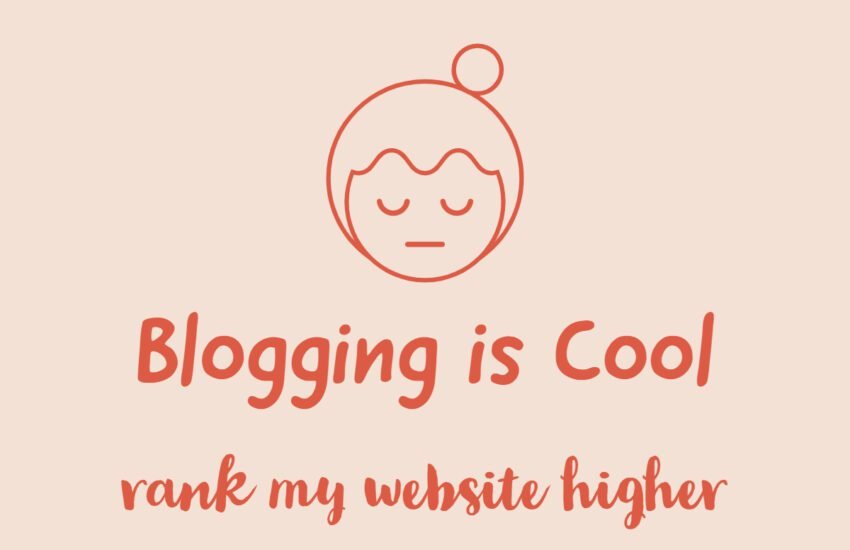How to Interview Guests in a Better Way for Podcasting Blogs
What is Podcasting?
Podcasting is like making your own radio show that people can listen to whenever they want. Instead of writing articles or blog posts, you record audio episodes on topics you’re passionate about. These episodes can be interviews, stories, or discussions.
Once recorded, you upload them to platforms like Spotify or Apple Podcasts, where people can find and listen to them. Podcasting allows you to share your ideas, expertise, or stories with a wide audience, and it’s a great way to connect with people who prefer listening over reading. It’s like having your own radio station on the internet!
Podcasting has become an increasingly popular medium for sharing information and engaging with audiences. Whether you are a seasoned podcaster or just starting out, one of the most important skills you can develop is the art of interviewing.
A well-conducted interview can captivate listeners, provide valuable insights, and elevate the overall quality of your podcast.
In this blog post, we will explore some effective interviewing techniques that can help you create engaging and informative podcast episodes.
1. Do Your Research
Before conducting an interview, it is essential to thoroughly research your guest and the topic you will be discussing.
This will not only help you ask informed and relevant questions but also demonstrate your interest and knowledge to your guest. Take the time to read their work, listen to their previous interviews, and familiarize yourself with their background.
This preparation will enable you to have a more meaningful conversation with your guest and ensure that your audience receives valuable insights.
2. Prepare a List of Questions
While spontaneity is important in an interview, having a list of prepared questions can serve as a useful guide and ensure that you cover all the key points.
Start with open-ended questions that encourage your guest to share their experiences, insights, and opinions. As the interview progresses, listen attentively and ask follow-up questions that delve deeper into the topic.
This will help you uncover new perspectives and create a more engaging dialogue.
3. Active Listening
Active listening is a crucial skill for any interviewer. It involves fully focusing on what your guest is saying, without interrupting or formulating your response in your mind.
By actively listening, you can pick up on subtle cues, ask relevant follow-up questions, and create a more conversational atmosphere. Show genuine interest in your guest’s responses and let them know that you value their insights.
This will not only make your guest feel more comfortable but also enhance the overall quality of the interview.
4. Create a Comfortable Environment
Creating a comfortable environment for your guest is essential to ensure a successful interview. Start by introducing yourself and explaining the purpose of the interview.
Make your guest feel at ease by engaging in small talk and establishing a friendly rapport. During the interview, maintain a conversational tone and avoid using jargon or technical terms that may confuse your audience.
Remember, the more comfortable your guest feels, the more likely they are to open up and share valuable insights.
5. Be Flexible and Adapt
While it is important to have a plan and prepared questions, it is equally important to be flexible and adapt to the flow of the conversation.
Sometimes, the most interesting insights come from unexpected tangents or spontaneous discussions. Allow your guest to lead the conversation and explore topics they are passionate about.
This will not only make the interview more engaging but also create a unique and authentic experience for your audience.
6. Edit and Polish
After conducting the interview, take the time to edit and polish the recording before publishing it. Remove any unnecessary pauses, awkward transitions, or background noise.
Ensure that the interview flows smoothly and is easy to follow. If there are any technical issues or interruptions during the interview, consider editing them out to enhance the overall listening experience.
Remember, a well-edited interview can greatly enhance the quality of your podcast and leave a lasting impression on your audience.
Conclusion
Podcasting offers bloggers a dynamic way to engage with audiences and share content in an increasingly digital world.
By leveraging the power of audio storytelling, bloggers can connect with listeners on a personal level, conveying information, entertainment, and inspiration in a convenient and accessible format.
As a versatile medium, podcasting complements traditional blogging efforts, expanding reach and fostering deeper connections with diverse audiences.
Whether it’s through interviews, discussions, or storytelling, podcasting empowers bloggers to amplify their voices, build communities, and leave a lasting impact on listeners worldwide, making it a valuable addition to any blogging strategy.
Interviewing is a skill that can greatly elevate the quality of your podcasting blogs. By doing thorough research, preparing a list of questions, actively listening, creating a comfortable environment, being flexible, and editing the interview, you can create engaging and informative podcast episodes that resonate with your audience.
Practice these techniques, refine your interviewing skills, and watch your podcast grow in popularity and influence.


